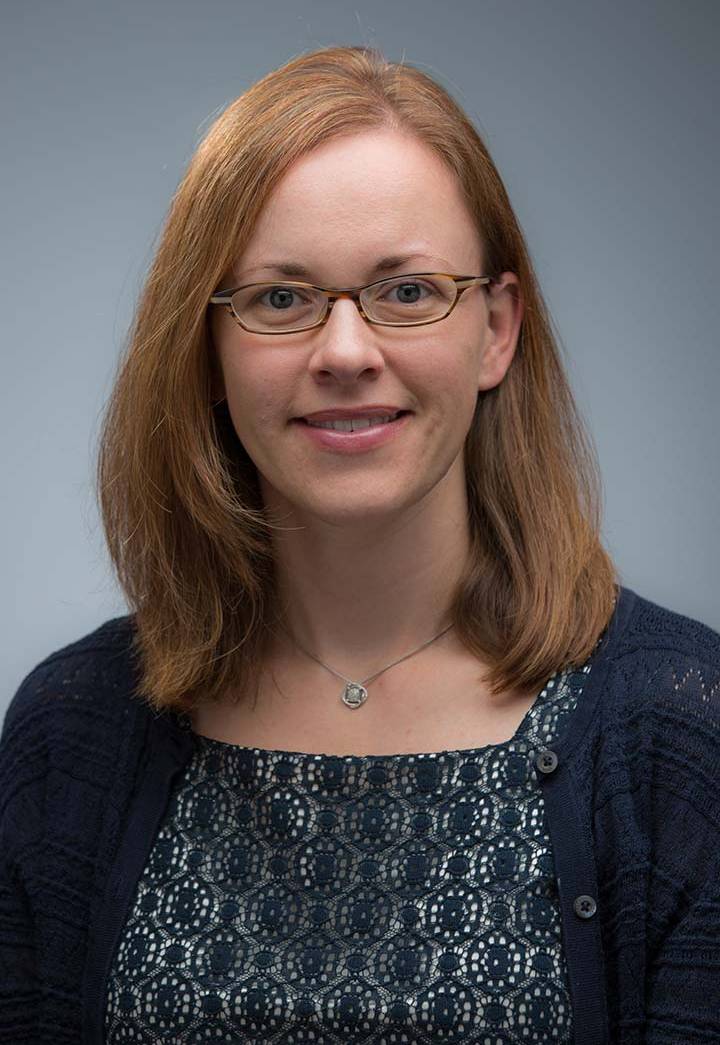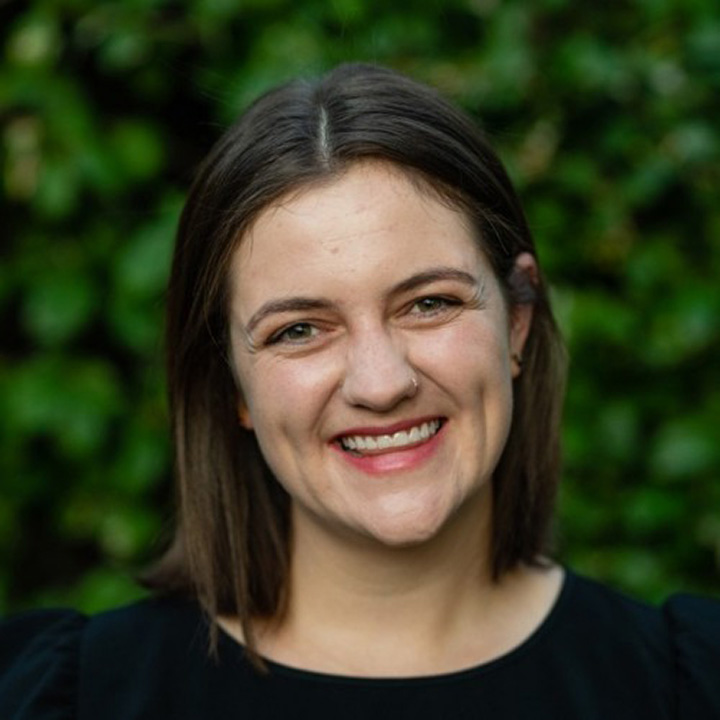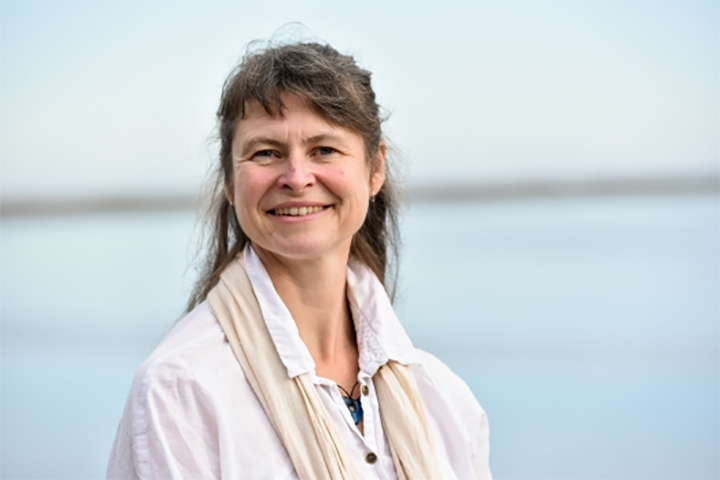Women Making Waves in Marine Energy Research
To offer some light in a tough time, the National Renewable Energy Laboratory (NREL) celebrates Women’s History Month and highlights the innovation and leadership of women in marine energy research.
Representing two national laboratories, NREL and Pacific Northwest National Laboratory (PNNL), as well as the Department of Energy (DOE), the three women featured here direct departments to advance marine energy research and technology, conduct research themselves, and manage projects. These researchers demonstrate the impact women have in the water power industry and exemplify the variety of marine energy careers.

As a senior researcher and group manager in NREL’s Integrated Application Center (IAC), Jennifer Daw focuses her work on integrated strategies for energy, water, and land/food systems, with an emphasis on the water systems, including water utilities, wastewater, hydropower, and marine energy.
Daw began working at NREL nearly a decade ago, and her work to leverage the energy-water-food nexus to develop sustainable solutions has become increasingly relevant over the years. When addressing complex, global issues caused by population growth, extreme weather events, obsolete infrastructure, and other factors, Daw believes that a comprehensive, cross-sectoral approach is key to creating balance that supports the environment, communities, and the economy. See how Daw’s background in water systems sustainability supports the IAC’s systems-based approach.
Carrie Schmaus

Carrie Schmaus is an Oak Ridge Institute for Science and Education Science, Technology, and Policy Fellow in DOE’s Water Power Technologies Office (WPTO). She has a background in marine science and policy and joined WPTO as a Sea Grant Knauss Fellow.
For Schmaus, her work at DOE is driven by her passion for marine energy research and the impact it has on communities, the environment, aspiring marine scientists, and “the greater good.” Read why Schmaus encourages work in science and technology and her tips on how to get involved in the renewable energy sector.
Genevra Harker-Klimeš

Genevra Harker-Klimeš leads PNNL’s Coastal Sciences Division. An expert in oceanography with a background in the physical aspects of the ocean, Harker-Klimeš develops marine renewable energy devices at PNNL as part of a DOE initiative.
Working in the male-dominated world of oil rigs and boats, she quickly learned that her knowledge and perseverance were useful to advancing in the marine energy field. Harker-Klimeš appreciates that her work at PNNL promotes a cross-section of knowledge, where industry experts collaborate to address the country’s leading energy issues. Learn how Harker-Klimeš’ love for travel, outdoor spaces, and the ocean led her to working in marine energy.
The marine energy industry has the potential to provide consistent, predictable clean power and support global energy demands. Follow in the footsteps of Daw, Schmaus, and Harker-Klimeš and see how other women in water power are paving the way for the water power industry through both hydropower and marine energy research.
This article has been updated to reflect an editorial change made after its original publication.
Last Updated May 28, 2025
